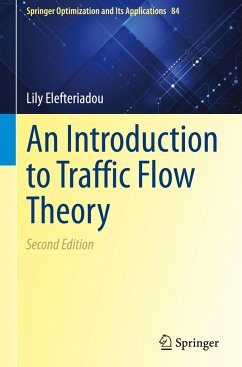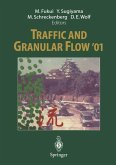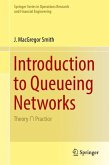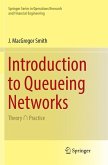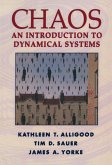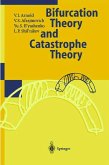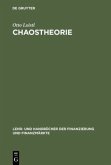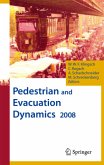This second edition of An Introduction to Traffic Flow Theory adds new material in several chapters related to advanced technologies including autonomy, the use of sensors and communications, and particularly congestion mitigation solutions that leverage connected and autonomous vehicles (CAVs). It also includes a new chapter that briefly outlines several mathematical analysis techniques commonly used in traffic flow theory, aiming to introduce students to some of the most frequently used tools available for traffic operational-related analysis. This new edition also includes several updates related to the most recent versions of the Highway Capacity Manual and the Green Book. This textbook is meant for use in advanced undergraduate/graduate level courses in traffic flow theory with prerequisites including two semesters of calculus, statistics, and an introductory course in transportation. The text would also be of interest to transportation professionals as a refresherin traffic flow theory or as a reference. Students and engineers of diverse backgrounds will find this text accessible and applicable to today's traffic issues.
This text provides a comprehensive and concise treatment of the topic of traffic flow theory and includes several topics relevant to today's highway transportation system. It provides the fundamental principles of traffic flow theory as well as applications of those principles for evaluating specific types of facilities (freeways, intersections, etc.). Newer concepts of Intelligent transportation systems (ITS) and their potential impact on traffic flow are discussed. State-of-the-art traffic flow research, microscopic traffic analysis, and traffic simulation have significantly advanced and are also discussed in this text. Real-world examples and useful problem sets complement each chapter.
This text provides a comprehensive and concise treatment of the topic of traffic flow theory and includes several topics relevant to today's highway transportation system. It provides the fundamental principles of traffic flow theory as well as applications of those principles for evaluating specific types of facilities (freeways, intersections, etc.). Newer concepts of Intelligent transportation systems (ITS) and their potential impact on traffic flow are discussed. State-of-the-art traffic flow research, microscopic traffic analysis, and traffic simulation have significantly advanced and are also discussed in this text. Real-world examples and useful problem sets complement each chapter.
From the reviews:
"This book presents the basics of traffic flow theory and associated applications. ... The book is very well written, with excellent graphics, examples, problems, references, and resources for further reading. ... This book would be an ideal text for an introductory course in traffic flow theory and a useful refresher for experienced engineers. Summing Up: Highly recommended. Lower- and upper-division undergraduates and professionals/practitioners." (W. J. Sproule, Choice, Vol. 51 (10), June, 2014)
"The author is concerned with the traffic operational quality of highway transportation facilities, assuming that all demand is known in advance. ... This book may be helpful in a one-semester course for students starting studies in transportation engineering." (Hartmut Noltemeier, zbMATH, Vol. 1286, 2014)
"This book presents the basics of traffic flow theory and associated applications. ... The book is very well written, with excellent graphics, examples, problems, references, and resources for further reading. ... This book would be an ideal text for an introductory course in traffic flow theory and a useful refresher for experienced engineers. Summing Up: Highly recommended. Lower- and upper-division undergraduates and professionals/practitioners." (W. J. Sproule, Choice, Vol. 51 (10), June, 2014)
"The author is concerned with the traffic operational quality of highway transportation facilities, assuming that all demand is known in advance. ... This book may be helpful in a one-semester course for students starting studies in transportation engineering." (Hartmut Noltemeier, zbMATH, Vol. 1286, 2014)

